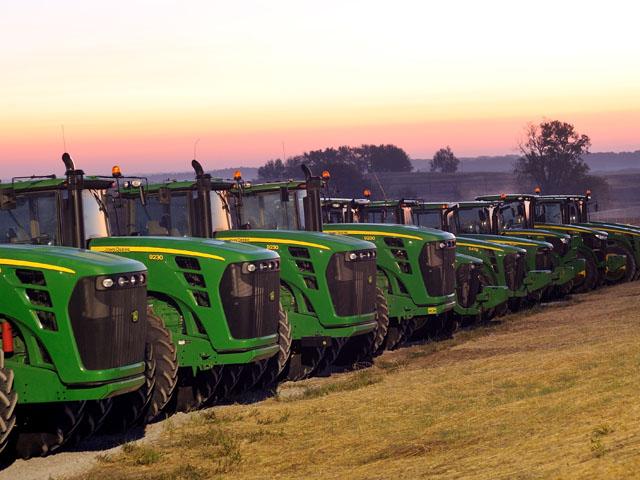Taxlink
One Big Beautiful Bill Transforms Farm Planning
What a difference a month makes.
There haven't been major changes in tax law for the longest time, then July hit. Now, my problem is trying to figure out what to write about, because there is an avalanche of topics. Since the One Big Beautiful Bill Act (OBBA) is all over the news, I thought I'd dissect some tax provisions that relate to farming.
One of the most impactful changes to farms is the return of bonus depreciation and the increase to Section 179 expense. Although bonus depreciation is back, it's a bit tricky. To qualify, the asset must be acquired and placed into service after Jan. 19, 2025. So, if you signed a contract to buy a tractor on Jan. 10, 2025, and it's delivered April 25, it would not qualify for 100% bonus depreciation.
This also might affect clients who signed a construction contract for a new barn in 2024 to be completed in 2025.
P[L1] D[0x0] M[300x250] OOP[F] ADUNIT[] T[]
For those in the processing side of agriculture, bonus depreciation may be used for "qualified production property" that would otherwise be a 39-year asset if certain requirements are met. In the OBBA, the term "production" is limited to agricultural production and chemical production.
In addition to extending bonus depreciation, Section 179 was increased from $1.25 million to $2.5 million, and the phaseout is increased from $3.1 million to $4 million. This is particularly important if your state has bonus depreciation addbacks.
Starting in 2022, the Business Interest Deduction Limit prevented the addback of depreciation, amortization and depletion. As a result, many highly leveraged farming operations could not deduct all the interest paid. Under the OBBA, starting in 2025, depreciation, amortization and depletion are added back to adjusted taxable income ... increasing the amount of interest that a farm can deduct.
OBBA increased the state and local tax deduction for those who itemize to $40,000 starting in 2025. If your modified adjusted gross income is more than $500,000, the deduction will be phased out but will not fall below $10,000 (the previous cap). For those who live in high-tax states like California, Minnesota or New York, this is a welcome change. Also, the pass-through entity tax work-around was not limited in the OBBA, which helps farms structured as pass-through entities.
Many farmers have been aggressively doing estate planning in fear that the exemption might go back down in 2026. The OBBA permanently increases the gift/estate exemption to $15 million indexed starting in 2026. That means that with some planning, most farmers can transfer around $40 million (with discounts) to the next generation without federal estate tax. However, those who live in states that have an estate or inheritance tax still need to proactively plan to avoid potential state tax.
To go along with estate planning, many farms were structured as general partnerships because of Farm Service Agency payment limitations. The OBBA allows pass-throughs (LLC, LLP, LLLP and S corporation) to be treated like general partnerships for FSA payment limitations. Because general partnerships offer little personal liability protection, those that used a general partnership should now consider changing to an LLC.
Just as I thought, I only scratched the surface of the OBBA. Hopefully, this will give you a little information on some of the changes. And, remember: When we have substantial tax law changes, you should proactively do tax planning in order to take advantage of opportunities.
**
DTN Tax Columnist Rod Mauszycki, J.D., MBT, is a tax principal with CLA (CliftonLarsonAllen) in Minneapolis, Minnesota. Read Rod's "Ask the Taxman" column at https://www.dtnpf.com/…. You may email Rod at taxman@dtn.com.
(c) Copyright 2025 DTN, LLC. All rights reserved.



